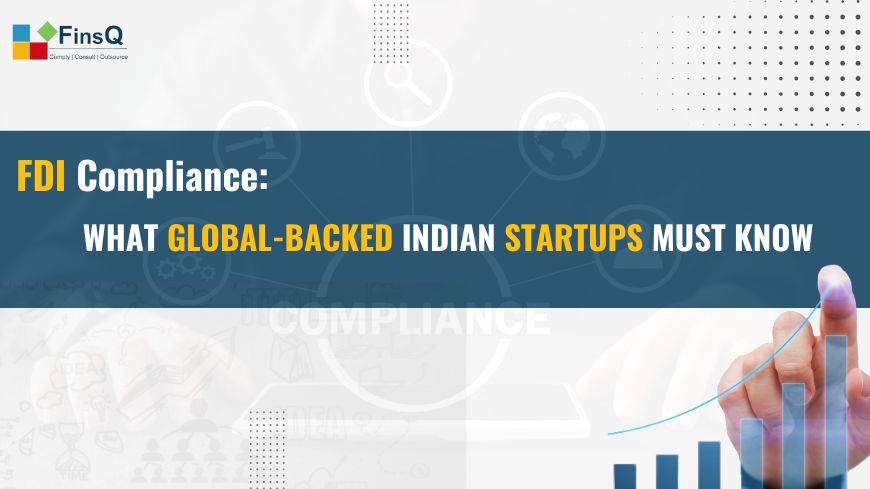
“Growth First, Compliance Later” – The Most Expensive Myth Indian Founders Believe Founders, fueled by venture capital and initial success, fall prey to a common

Cost vs. Value: The True ROI of Hiring a Virtual CFO For many growing businesses, the finance function starts as a necessity and slowly becomes

FDI Compliance: What Every Indian Startup with Global Investors Needs to Know Foreign Direct Investment (FDI) continues to play a key role in helping Indian

The Finance Revolution: What Modern Entrepreneurs Rely On Every Week Introduction: Why the Old Way No Longer Works Remember when year-end financial statements were enough?



